‘Dangerous’ Heatwave Hits US Southwest as Temperatures Soar to Record-Breaking 54C [PHOTOS]
Temperatures across the US southwest are expected to rocket over the coming days, with some areas reaching 54.4C (130F), the hottest temperature recorded for 100 years.
California's Death Valley will be the hottest place on earth, narrowly missing its last record temperature of 56.7C, set in 1913.
This is also just a few degrees off the world record temperature for the hottest place on Earth - in 1922, El Azizia in Libya reached 57.8C.
Weather.com said temperatures across the southwest will reach "dangerous" levels in coming days because of a "large, hot dome of high pressure".
Las Vegas saw its hottest day since 2005, reaching 46.1C, while Phoenix will climb to 48.8C - the area has only been this hotter than this three times in history.
An urgent message from the National Weather Service said there will be "dangerous heat today through to the middle of next week".
It said there will be "very hot daytime temperatures" and that temperatures would not drop drastically overnight, meaning there will be "minimal relief".
The service warned there will be "increased levels of heat stress" and that people who work outdoors should take precautions. "When possible, reschedule strenuous activities to the early morning or evening," it said.
"Know the signs and symptoms of heat exhaustion and heat stroke. Wear light weight and loose fitting clothing when possible and drink plenty of water."
California's Department of Forestry and Fire Protection warned people that the heat dramatically increases the risk of wildfire and said "extreme caution" should be taken by all residents, as one spark could result in a major fire.
Troy Stirling, spokesman for the Lake Havasu police, told CNN: "I'm not worried as much about the people who have lived here a while. It's more the tourists coming into the area, even from Southern California, who aren't used to this kind of heat."
Laura McAlpine, who is visiting Death Valley from Scotland, said: "You have to take a picture of something like this. Otherwise no one will believe you."
Cooling stations have been set up for homeless and elderly people who cannot afford to run air conditioners.
An increased number of Border Patrol search and rescue officers have also been deployed because of the risk to people entering the US from the Mexico border - seven people have been found dead over the last week because of the desert heat.
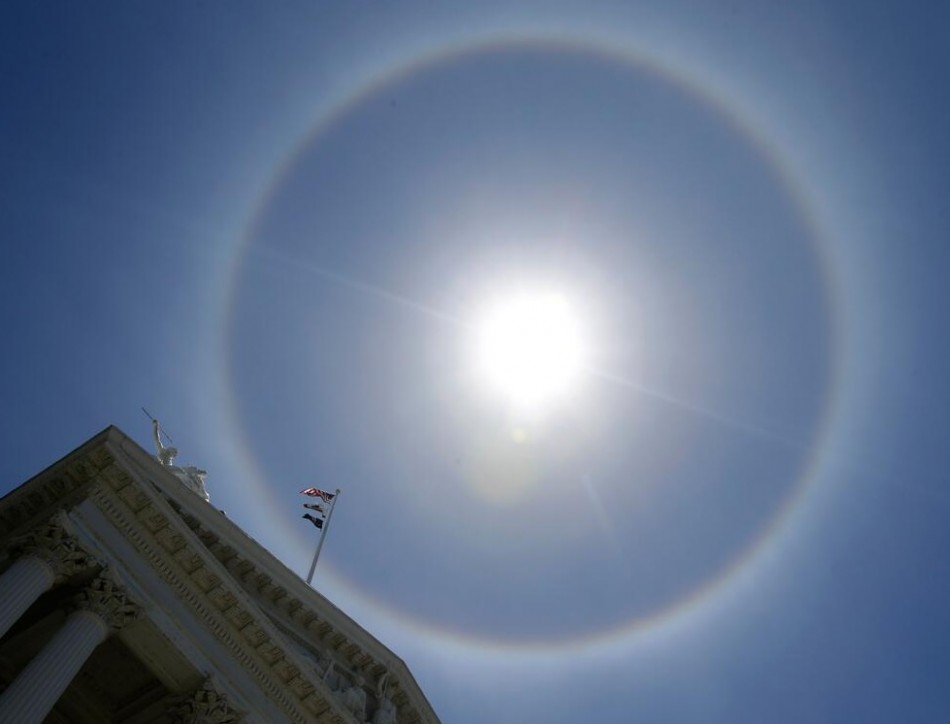
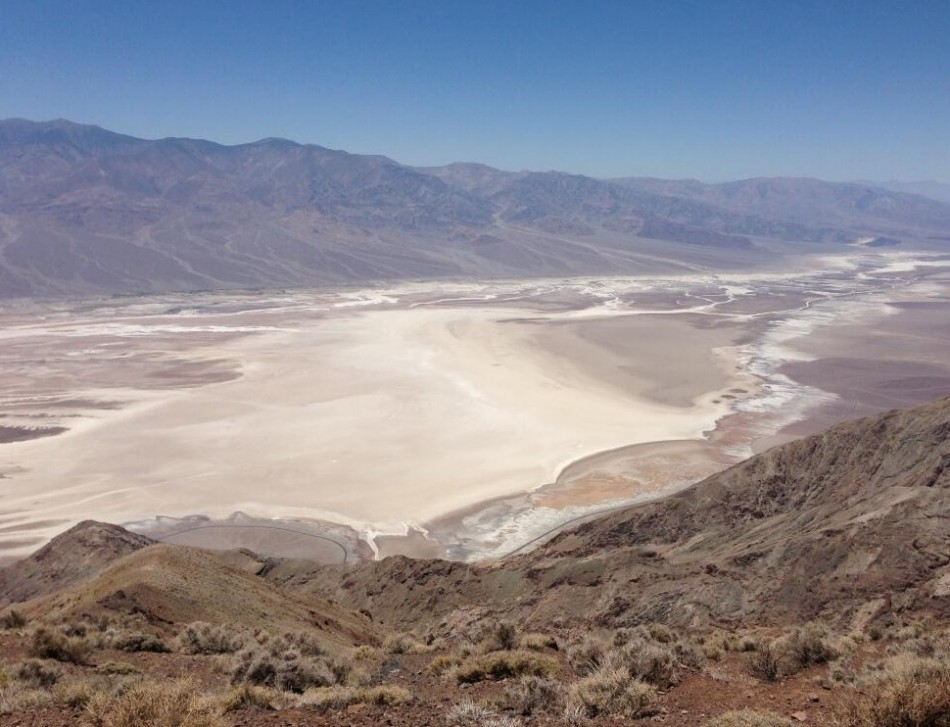
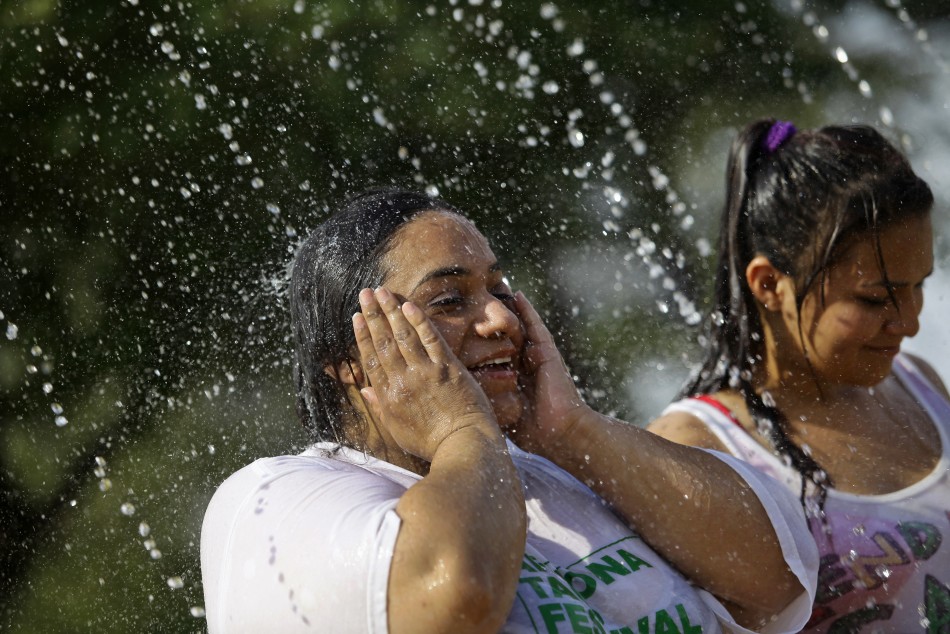
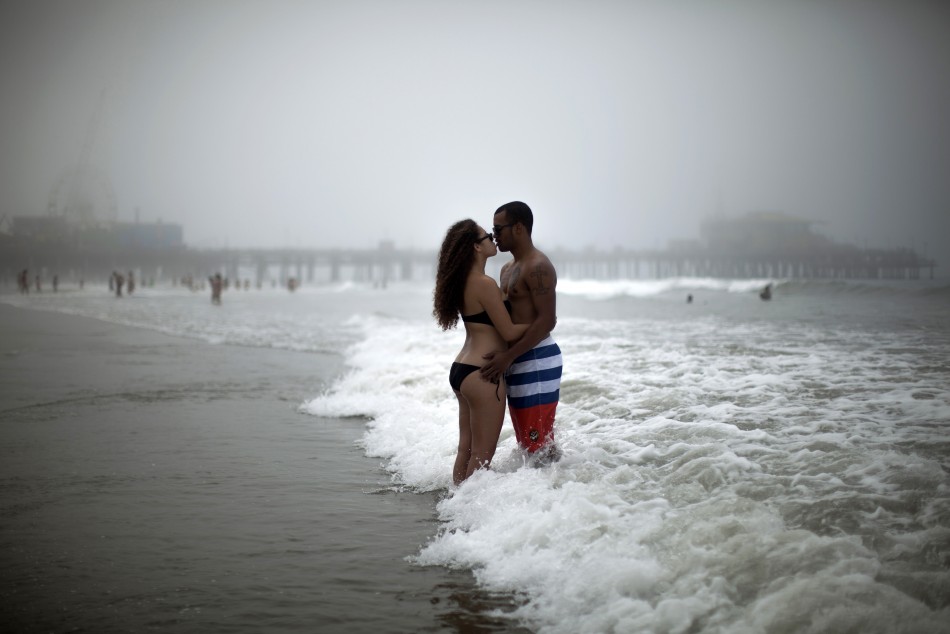

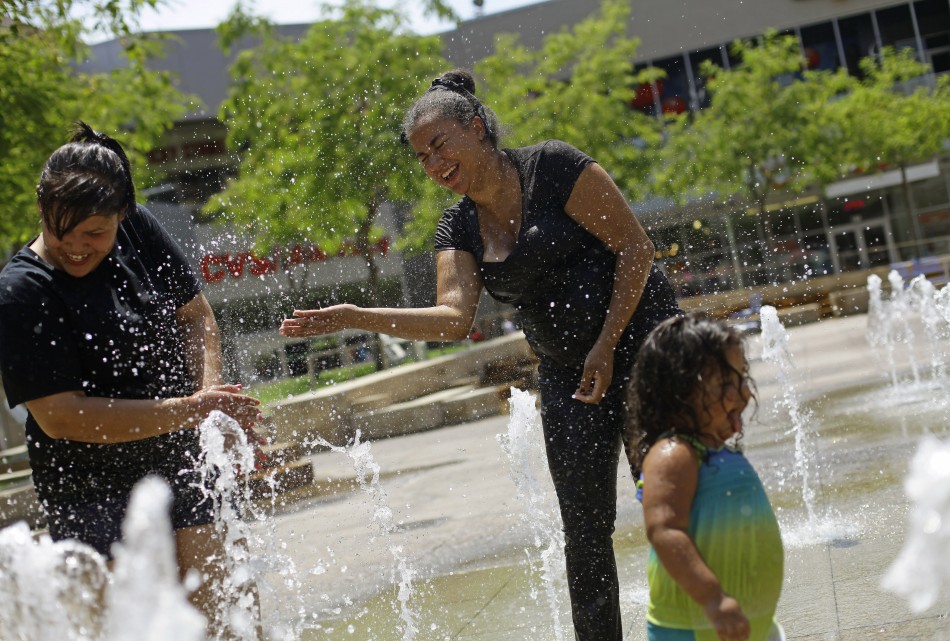
© Copyright IBTimes 2024. All rights reserved.






